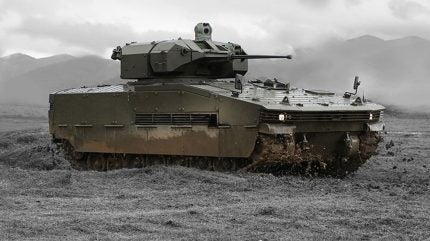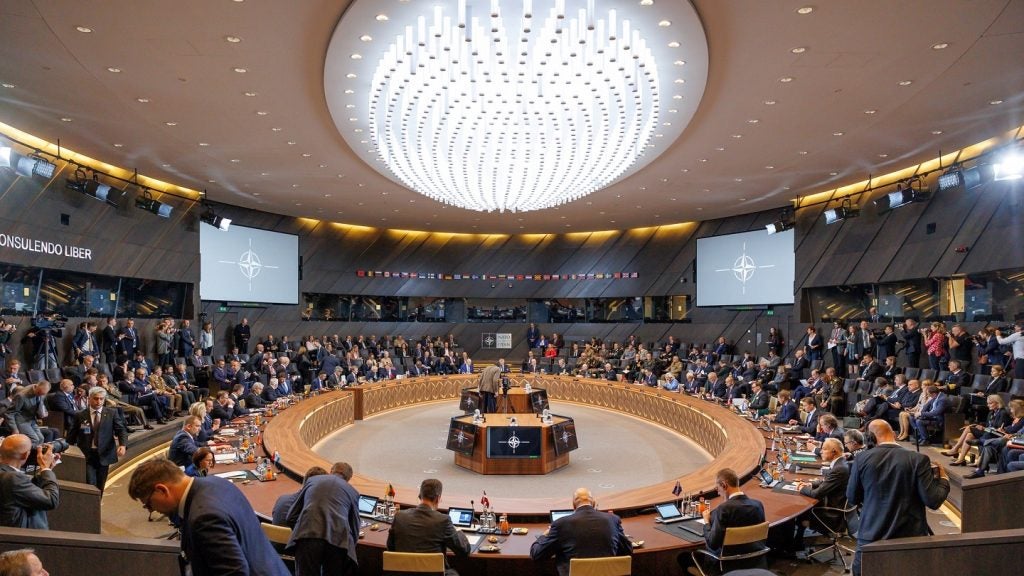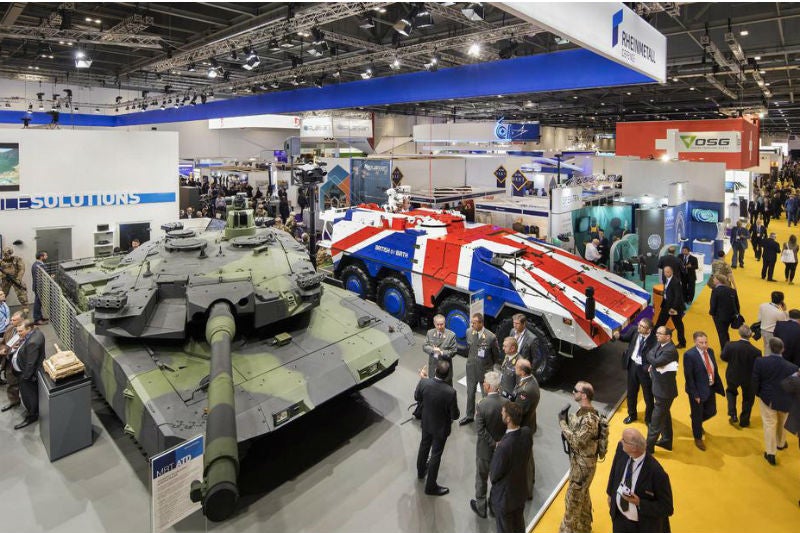
A discussion with Akif Akfert, Military Vehicles Engineering Group Director at Türkiye-based Otokar, illuminates the company’s performance, direction, and future projects.
User feedback and performance
Otokar’s military vehicles, including the 4×4 and 8×8 models, have garnered positive feedback from current users. Akfert highlighted clients’ satisfaction with the performance and reliability of these vehicles, which has resulted in repeat orders and bolstered confidence in Otokar’s offerings.
“Our current users, for example, the 4×4, have responded to us saying that they were quite happy with the performance of the product overall, leading to us earning more orders from them,” Akfert stated. This positive reception is a sign of the vehicles’ operational effectiveness.
Market strategy and international expansion
Addressing Otokar’s market strategy, Akfert noted the company’s success in securing contracts with international clients, such as the Estonian armed forces, and potential deals with Romania. He emphasised the importance of rigorous testing and the robust nature of their vehicles as important factors in winning these contracts.
“First of all, the vehicle has to pass the test. It has to be a robust vehicle and be approved, and then it has to be a commercially viable offer. Number one priority is that the project has to be technically good,” Akfert explained. This approach has enabled Otokar to expand its global footprint while representing the Turkish industry internationally.
Türkiye has a history of providing the Turkish Army with a variety of armoured multirole vehicles and personnel carriers. These include the Akrep I and Arma 6×6 personnel carriers, the Cobra I, and most recently, the Cobra II. According to GlobalData’s intelligence on the Turkish defence market, Okotar provided the Turkish Army with 82 Cobra II armoured vehicles between 2016 and 2017.
Tailored designs for diverse requirements
Otokar’s ability to adapt its vehicle designs to meet client requirements has been a factor in its business. Akfert described how the modular design of vehicles like the Cobra II and Tulpar allows for upgrades in ballistic protection, mine blast protection, and NBC (Nuclear, Biological, and Chemical) protection.
“We know that the customers want the vehicles to be maybe later upgraded, so all of our vehicles are designed modularly so you can upgrade the ballistic protection level of all the vehicles and also the mine blast protection level of all the vehicles and also NBC protection is inbuilt into the climate systems,” Akfert said. This flexibility ensures that Otokar’s vehicles remain relevant and effective in various operational environments.
GlobalData’s “Türkiye Defense Market 2023-2028” report highlights that Türkiye is expected to procure upwards of 200 Tulpar vehicles from Otokar. The programme currently planned by the Turkish procurement office has an estimated contract allocation of $1.2bn for the period 2023–33. The Tulpar vehicles would provide Turkish forces with a highly configurable vehicle capable of working with various subsystems.
Collaborations and joint ventures
When discussing collaborations, the conversation was pointed to the joint venture with Al Jasoor and partnerships with companies like Aselsan and Leonardo as important to enhancing Otokar’s product offerings.
“We always favour localisation,” Akfert pointed out. This preference aligns with Türkiye’s broader defence procurement policies and supports the local industry.
Türkiye ambitiously pursued a robust domestic defence industry, aiming for 75% involvement in defence procurement programmes by 2023, a goal set before the Ukraine conflict and economic challenges.
Future goals and innovations
Looking ahead, Akfert revealed that Otokar is focusing on expanding its expertise in artificial intelligence and unmanned systems. The company recently unveiled a medium-class unmanned vehicle.
“The main target is to increase our experience in AI, learn from that and then expand it into our vehicles,” Akfert stated.
While Akfert remained tight-lipped about specific upcoming innovations, he hinted at ongoing projects to deliver solutions.
“There will be some. We are working on some innovative solutions which I cannot actually disclose,” Akfert concluded.
Otokar’s focus on performance and customisation, combined with a market expansion strategy, positions it as a symbolic emergent representative of the Turkish defence industry’s sunrise.








